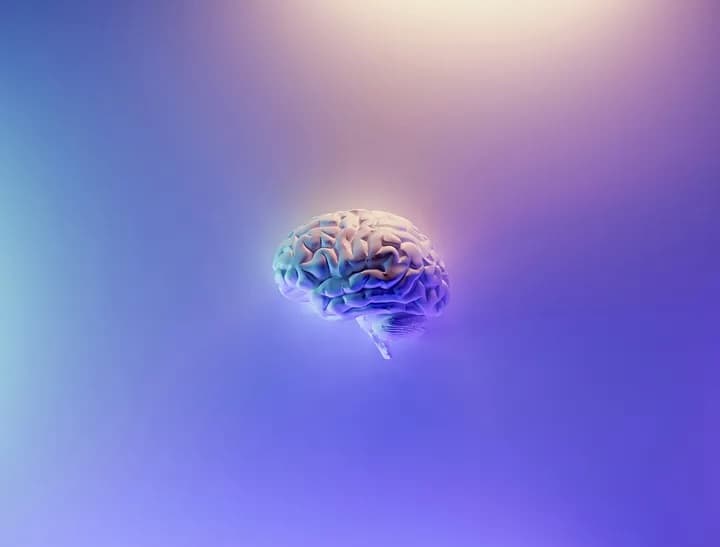Puberty for Moms: The Neuroscience of Mommy Brain
May 9, 2025

Speaking with dozens of new mothers, I often hear variations of the same bewildered confession: 'I don't feel like myself anymore.' These women aren't imagining things — they're experiencing what anthropologist Dana Raphael termed 'matrescence,' the developmental process of becoming a mother. And fascinating neuroscience research confirms what these mothers intuitively sense: motherhood literally changes your brain.
Beyond 'Mommy Brain': The Neurobiological Transformation of Motherhood
When we dismiss a new mother's cognitive changes as temporary 'baby brain' or 'mommy brain,' we trivialize one of the most significant neurobiological transformations in human experience. Recent research, highlighted in a groundbreaking article by Caroppo, Schiavone, and Mauri (2024), reveals that the maternal brain undergoes structural and functional changes comparable in magnitude to those occurring during puberty.
These aren't subtle shifts. During pregnancy and the postpartum period, a mother's brain experiences a substantial reorganization that persists long after birth. This isn't evidence of deficit or decline — it's a remarkable adaptive process that prepares women for the demands of motherhood.
The Brain on Matrescence: What's Actually Happening?
Gray Matter Remodeling
During pregnancy and the postpartum period, certain brain regions show increased gray matter volume, particularly in areas associated with maternal behavior. The hypothalamus, substantia nigra, and amygdala — regions involved in motivation, reward processing, and emotional responses — all show structural changes that enhance a mother's ability to respond to her infant's needs.
The Hormone Symphony
This neural remodeling is orchestrated by an intricate dance of hormones. Estrogen, progesterone, oxytocin, and prolactin fluctuate dramatically during pregnancy and postpartum, directly influencing brain structure and function. These hormonal shifts don't just prepare the body for childbirth and lactation — they prepare the brain for motherhood.
Rewired Reward Circuits
Perhaps most fascinating is how motherhood reconfigures the brain's reward system. Activities and stimuli related to one's infant — from their scent to their cries — become highly salient and rewarding, activating dopaminergic pathways that previously responded to different rewards. This helps explain why a mother can find her baby's face more captivating than anything else in her environment.
Enhanced Threat Detection
The maternal brain becomes exquisitely tuned to potential threats, with heightened activity in regions responsible for vigilance and protection. That new tendency to catastrophize when thinking about your baby's safety? It's not always an anxiety disorder — it's your brain's adaptive response to protect your vulnerable offspring.
What This Means for Mothers
Understanding the neuroscience of matrescence offers profound validation for the subjective experience of new motherhood. The reconfiguration of your brain's reward system explains why activities you once found pleasurable might now seem less compelling, while your baby's smallest developments feel monumentally important.
Your brain on motherhood isn't diminished or damaged — it's differently specialized, exquisitely adapted to meet the demands of one of humanity's most important tasks.

